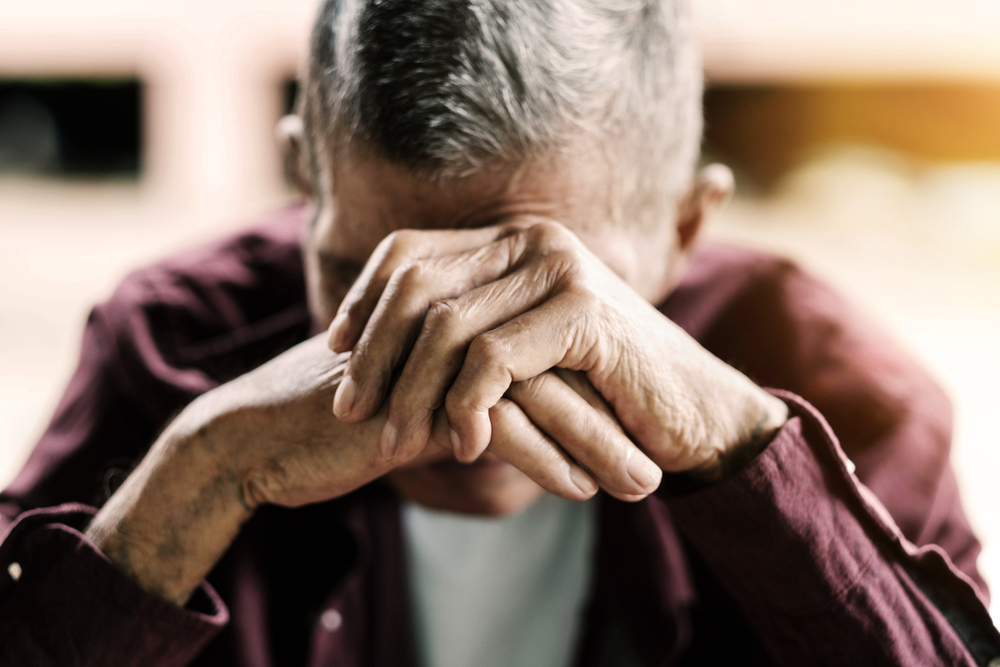Mental health in the elderly is a crucial aspect of overall well-being that often goes under-recognized. As individuals step into their golden years, they face unique challenges that can impact their mental health, including depression and anxiety. Understanding and addressing these mental health issues is essential for enhancing the quality of life in older adults.
Depression and anxiety in the elderly are not a normal part of aging, yet they are common and can be mistaken for natural sadness or worry. Factors contributing to these mental health issues can include health problems, loss of loved ones, a decrease in functional abilities, or social isolation. The impact of these conditions is profound as they can affect physical health, cognitive function, and the ability to lead a fulfilling life.
Recognizing the signs of depression and anxiety is the first step in addressing them. Symptoms may vary and can include persistent sadness, lack of interest in previously enjoyed activities, changes in appetite or sleep, feelings of hopelessness, or excessive worry. Physical symptoms like unexplained aches and pains can also be a sign of underlying depression or anxiety.
Opening up conversations about mental health is important. Seniors often hesitate to talk about their feelings due to stigma or a belief that these feelings are just a part of aging. Encouraging discussions about emotional well-being in a supportive and non-judgmental environment can help in identifying and addressing these issues.

Professional help is often necessary for managing depression and anxiety. This may involve counseling or therapy, where seniors can explore their feelings, and learn coping mechanisms. In some cases, medication might be prescribed. It’s essential for treatment plans to be individualized, considering the overall health and circumstances of the senior.
Lifestyle changes can also play a role in managing depression and anxiety. Physical activity, a balanced diet, adequate sleep, and engaging in social activities can improve mood and reduce anxiety. Activities that promote relaxation and stress reduction, such as yoga, meditation, or spending time in nature, can also be beneficial.
Staying socially connected is vital for mental health. Social activities, community involvement, or spending time with family and friends can alleviate feelings of loneliness and isolation, which are significant contributors to depression and anxiety.
Incorporating hobbies and interests that bring joy and a sense of accomplishment can help combat depression and anxiety. Whether it’s gardening, painting, music, or any other activity, engaging in hobbies can provide a positive outlet for emotions and foster a sense of purpose.
Regular health check-ups are important as they can help detect and manage conditions that might contribute to depression and anxiety, like chronic pain or sleep disorders. It’s also crucial to review medications as some can have side effects impacting mental health.

In conclusion, navigating mental health, particularly depression and anxiety, in the elderly requires a compassionate and comprehensive approach. Recognizing symptoms, encouraging open discussions, seeking professional help, making lifestyle changes, staying socially active, engaging in enjoyable activities, and regular health check-ups are all integral to managing these mental health issues. By focusing on these aspects, seniors can better manage depression and anxiety, leading to an improved quality of life in their later years.

